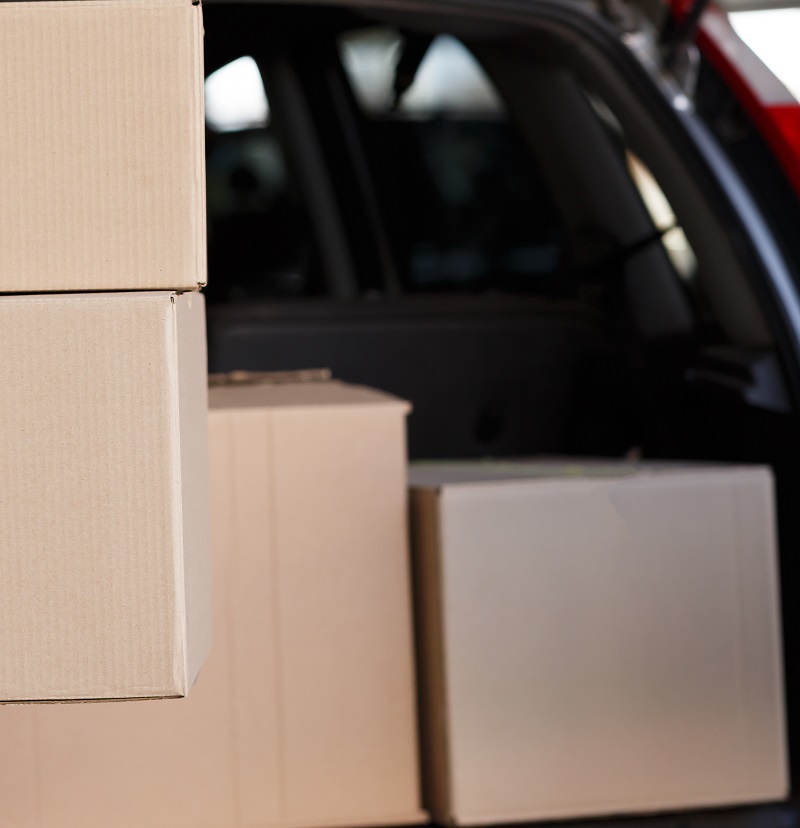Spring Cleaning: Disposing of Your Personal Information Safely

This article was originally posted by the Canadian Bankers Association here.
The spring months are a great time to freshen up your home after the long winter and to get some chores out of the way before the relaxing days of summer set in. Whether you have a home office, a desk, or even just a drawer, adding the task of cleaning out your personal files to your spring cleaning “to do” list is a smart idea and will ensure that your files are organized and easy to access when you need them.
Deciding What to Shred and What to Recycle
To get started, consider creating two piles: a shredding pile for papers that have your personal information (address, telephone, account numbers, medical and other personal information) printed on them, and a recycling pile for papers that don’t have sensitive information. Then begin reviewing your papers and sorting them into the two piles. Here is a quick guide:
Shredding Pile
Bank account and credit card statements: Many Canadians have taken advantage of online access and electronic statements so that they don’t receive paper copies of their bank and credit card statements through the mail. If you do, be sure to review them carefully as soon as you receive them. Carefully consider whether you would prefer to keep or dispose of your statements. Many people decide to keep their statements and if you do, be sure to store them in a secure location. If you decide you no longer need these documents, you’ll need to dispose of them properly by shredding them.
Insurance statements and mutual fund reports: If you receive annual statements and reports on your RRSPs or other investments, determine if you need to keep old statements, or just the most recent report. Also consider whether you need last year’s car insurance statement. Again, be sure to file anything you decide to keep in a secure location.
Old bills and receipts: Determine if you need or want to keep old bills and receipts and file accordingly. Most return policies are only good for a limited time, so there’s no need to hold onto old receipts unless you need them for tax or warranty purposes.
Recycling Pile
Magazines and newsletters: Clip and save the articles you really want and file these in a binder or folder. Add everything else to your recycle pile.
Safe Disposal
Old magazines, newspapers and scrap paper can be safely recycled by tossing the pile into your recycling bin. Items printed with your personal information, however, need to be handled with more care so that they don’t fall into the hands of identity thieves. Criminals can pick through your garbage or recycling looking for information they can use; it’s called “dumpster diving”; so you should shred any documents that have your name, address, phone numbers, credit card or bank account numbers, social insurance number or medical information printed on them. This includes bank and credit card statements, receipts, insurance forms, physician statements and credit offers you get in the mail. If in doubt: shred it!
Good Habits Going Forward
You’ll feel great once you have your desk in order, and here are a few tips to help you keep it that way:
Always shred documents with sensitive information.
Keep an eye on your mail and always remove it promptly from the mail box. Identity thieves could sort through your mail looking for personal information.
Reviewing your personal credit report can help you find out if someone has opened unauthorized financial accounts in your name. There are three credit reporting agencies in Canada: Equifax Canada, Northern Credit Bureaus Inc., and TransUnion Canada. You can request free copies of your credit report from credit reporting agencies by mail. Online versions of reports are also available for a small fee.
